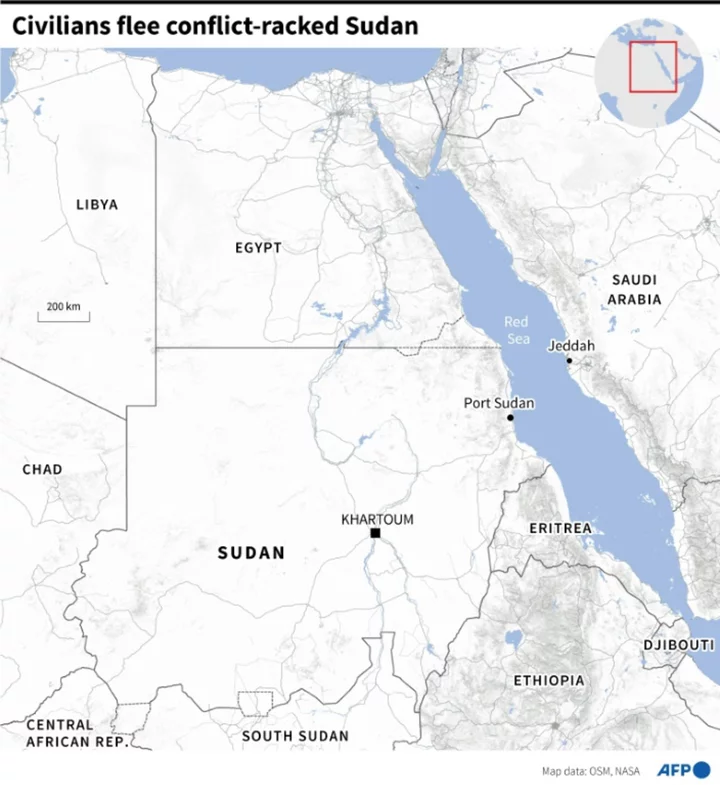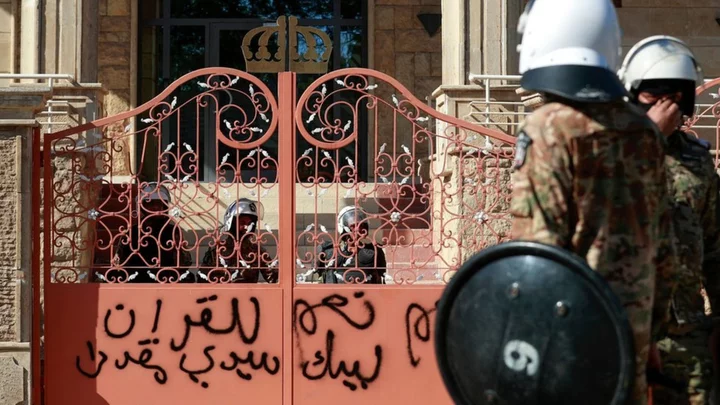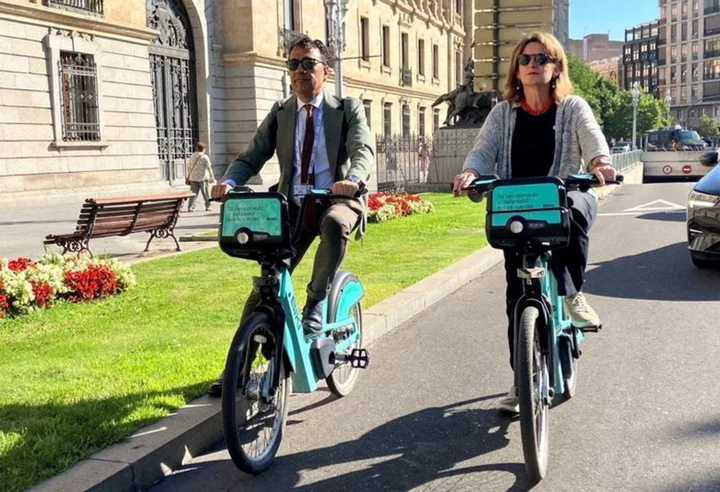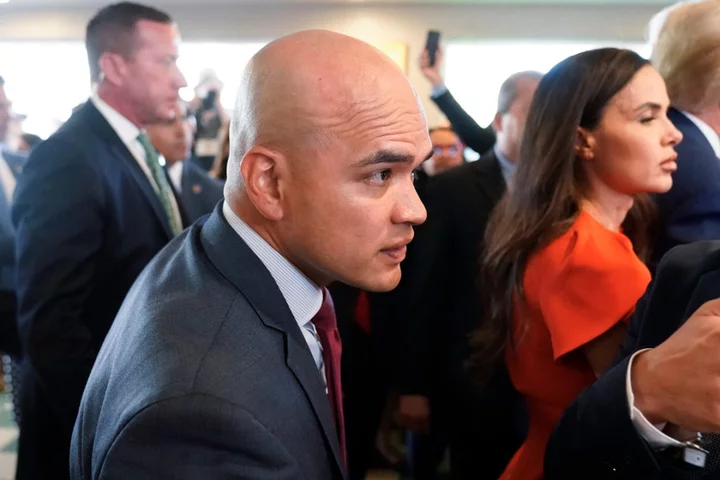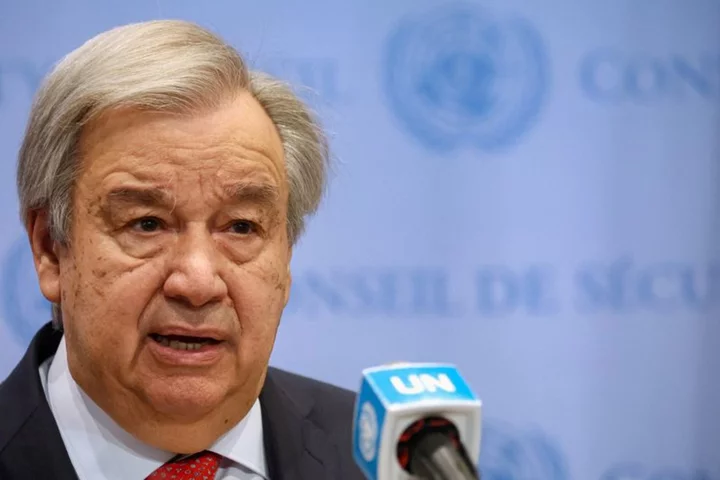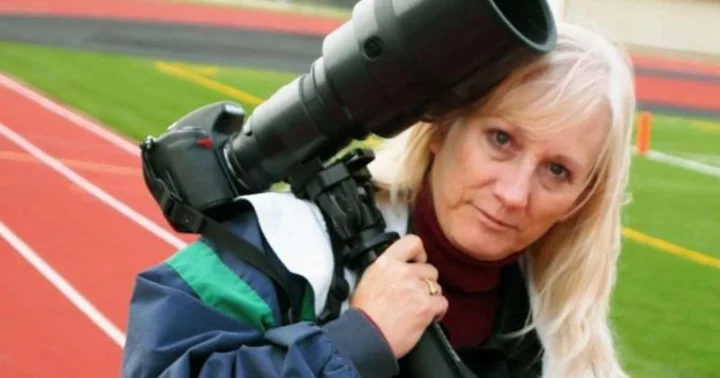Air strikes again shook Sudan's capital Monday while the latest truce talks in Jeddah yielded no progress and a Saudi diplomat said both sides consider themselves "capable of winning the battle".
Sudan was thrown into deadly chaos when fighting broke out on April 15 between the forces of army chief Abdel Fattah al-Burhan and his deputy turned rival Mohamed Hamdan Daglo, who heads the paramilitary Rapid Support Forces (RSF).
The battles have since killed hundreds, wounded thousands and uprooted hundreds of thousands, leading to fears of security fallout beyond Sudan's borders.
Those unable to escape are left barricaded inside their homes struggling to survive with dire shortages of essential supplies and communication links disrupted.
The feuding generals have sent representatives to Saudi Arabia for talks on establishing a humanitarian truce in an effort also backed by the United States, but to no avail so far.
By Monday, the talks had yielded "no major progress", a Saudi diplomat told AFP, speaking on condition of anonymity.
"A permanent ceasefire isn't on the table... Every side believes it is capable of winning the battle," the diplomat added.
For Kholood Khair, founder of the Khartoum-based think tank Confluence Advisory, the delegations "are there mostly to curry favour with the Saudis and the Americans, rather than to credibly use this platform as a means to reach an agreement."
In Khartoum, a city of five million, terrified residents reported more combat, now in its fourth week, as they hid in their homes, trying to cope with power outages and sweltering heat.
A southern Khartoum resident told AFP the family could hear "the sound of airstrikes which appeared to come from near a market in central Khartoum".
- 'Dangerous everywhere' -
The fighting has sparked a mass exodus of foreigners and of Sudanese, in both air and sea evacuations as well as arduous overland journeys to Egypt, Chad, South Sudan and other neighbouring countries.
"It's very dangerous everywhere," said Rawaa Hamad, who escaped from Port Sudan on an evacuation flight carrying 71 people to Qatar on Monday.
In Sudan, she said, people endure "a lack of everything -- a lack of water, lack of fuel, lack of medicine, lack of even hospitals and doctors".
The battles have killed more than 750 people and injured over 5,000, according to the Armed Conflict Location and Event Data Project.
The United Nations has warned of a widening humanitarian crisis. Fighting has already displaced 335,000 people and created in excess of 120,000 refugees.
More than 60,000 Sudanese have fled north into Egypt, 30,000 west to Chad, and over 32,000 to South Sudan, according to the UN.
Egyptian Foreign Minister Sameh Shoukry met with Chad's President, General Mahamat Idriss Deby Itno, in N'Djamena Monday and was en route to neighbouring South Sudan, according to a ministry statement.
It warned of "the great humanitarian tragedy" of the conflict, "directly affecting Sudan's neighbouring countries."
The UN top humanitarian official, Martin Griffiths, has travelled to the Saudi coastal city of Jeddah, and a UN official said on Monday that Griffiths had "asked to join the negotiations" between the warring sides, but that his request had not been approved so far.
- Mediation efforts -
Saudi Arabia is pushing for "a timetable for expanded negotiations to reach a permanent cessation of hostilities", its foreign ministry said.
The Jeddah talks, which are set to continue "in the following days", aim to reach "an effective short-term halt" to the fighting, facilitating aid delivery and restoring basic services, it added.
Since mid-April, multiple truce deals have been declared and quickly violated in the poverty-stricken country with a history of instability.
Mediation efforts have multiplied.
The African Union -- which holds little leverage after suspending Sudan following a coup in 2021 -- and East African regional bloc IGAD are pushing for discussions mediated by South Sudan.
Heavyweights in the pan-Arab bloc are divided on Sudan, with Egypt supporting Burhan and the United Arab Emirates seen to be backing the RSF, according to experts.
The absence of Cairo and Abu Dhabi from the Jeddah talks, according to Sudanese analyst Khair, further dampens hopes for an agreement.
"This is partly symptomatic of how much Saudi Arabia and the US have played this very close to their chest, rather than expand and create an international, unified critical mass around these talks," she told AFP.
Since together orchestrating a coup in October 2021 that upended a fragile transition to civilian rule, Burhan and Daglo have engaged in a power struggle.
Before their feud erupted into war, attempts to usher both generals through political negotiations stuttered and faltered -- most recently on the integration of the RSF into the regular army.
burs/fz/jsa/it

